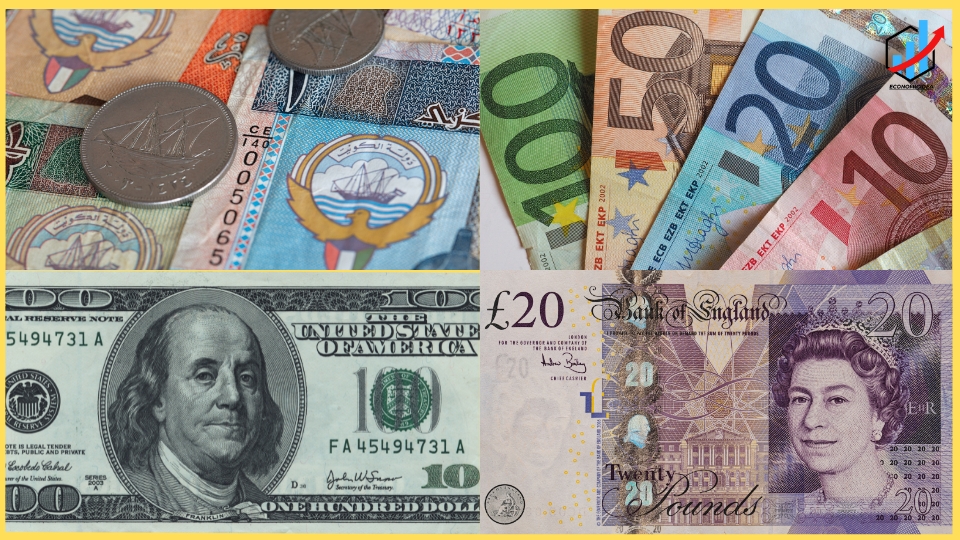In the realm of global finance, the value of different currencies often draws attention. Identifying the most valuable currencies can provide valuable insights into the economic health and stability of various countries. In this article, we will examine the world’s most expensive currencies, exploring the factors that drive their high value and their effects on global trade.
Understanding Currency Value
Currency value is influenced by several factors, including economic stability, interest rates, inflation, and political conditions. Exchange rates, which determine how much one currency is worth in terms of another, are crucial in understanding currency value. These rates fluctuate based on market demand and supply, central bank policies, and geopolitical events.
Kuwaiti Dinar (KWD)
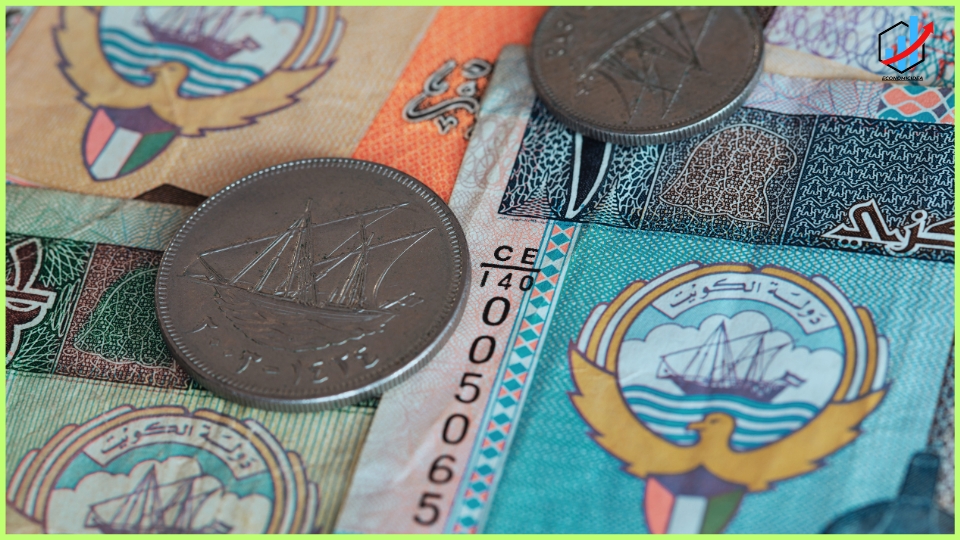
The Kuwaiti Dinar holds the title of the highest-valued currency in the world. Kuwait’s strong economy, largely driven by oil exports, is a key factor in sustaining the Dinar’s high value. With a track record of economic stability and a solid banking system, the KWD consistently tops currency charts.
Bahraini Dinar (BHD)
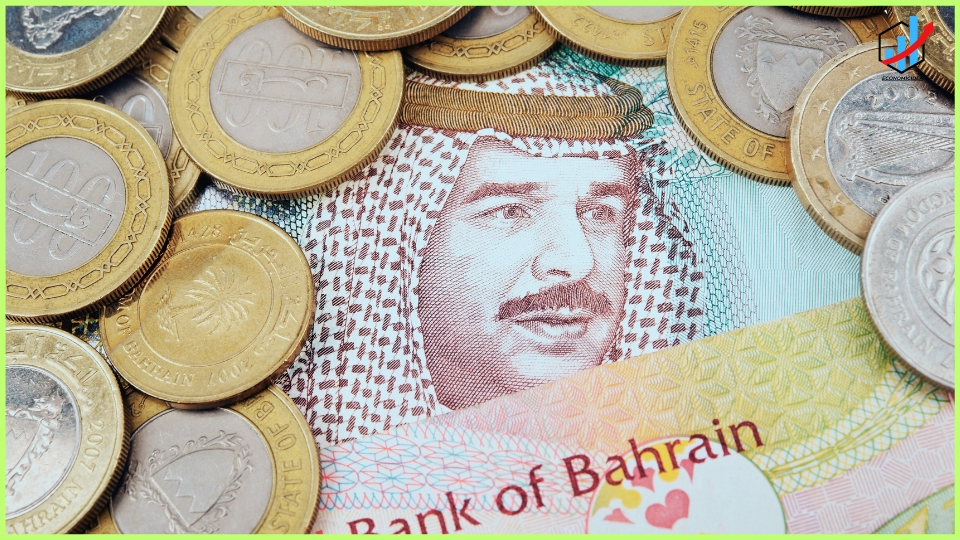
Similar to Kuwait, Bahrain’s economy is largely driven by oil exports. The Bahraini Dinar holds a strong position due to the country’s stable economic policies and significant revenues from the oil sector. Bahrain’s strategic location and developed financial services also contribute to the Dinar’s high value.
Omani Rial (OMR)
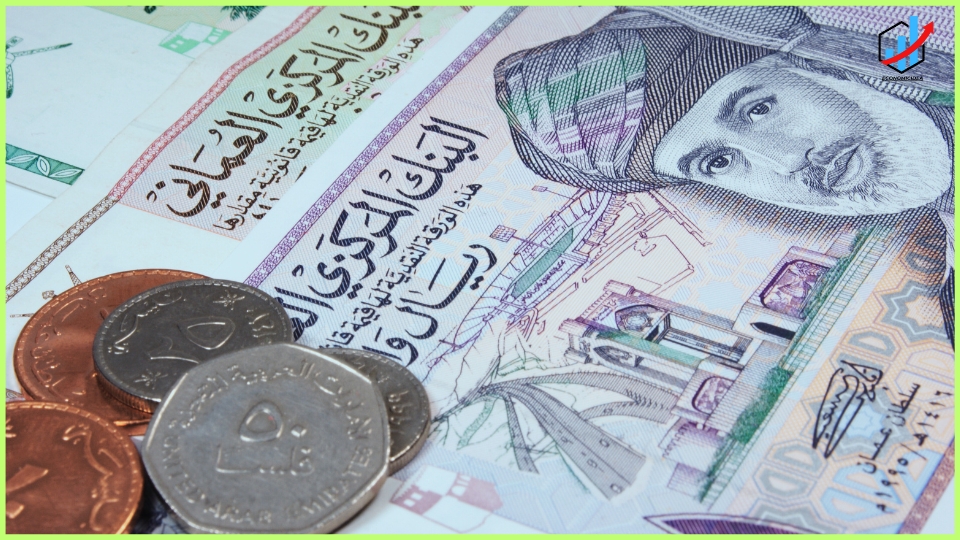
The Omani Rial is another high-value currency, thanks to Oman’s stable economy and substantial oil reserves. The government’s prudent fiscal policies and efforts to diversify the economy further enhance the Rial’s strength. Oman’s strategic trade position also bolsters its currency value.
Jordanian Dinar (JOD)
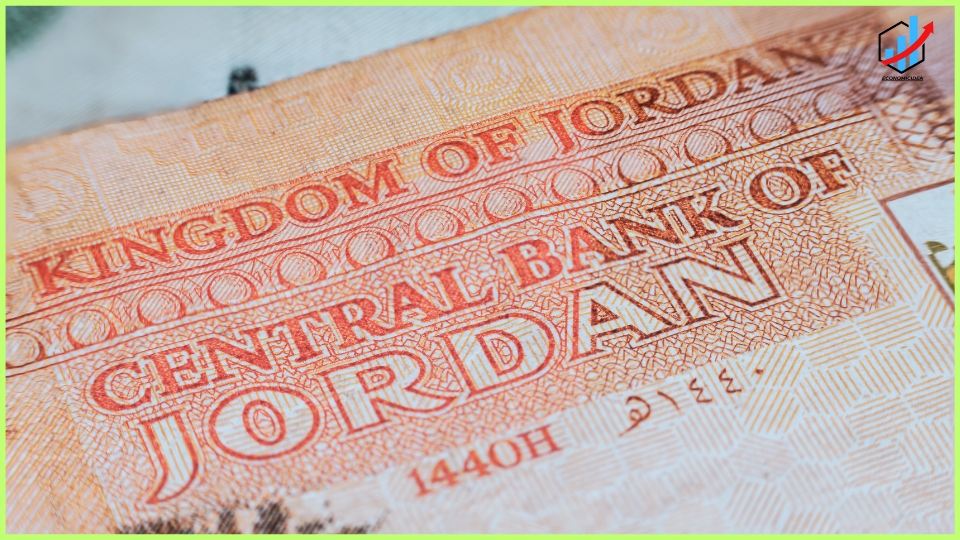
Despite not being an oil-rich country, Jordan maintains a high-value currency. The Jordanian Dinar’s strength comes from the country’s stable political environment and strategic financial policies. Jordan’s strong trade relationships and foreign investments also support the Dinar’s high value.
British Pound Sterling (GBP)
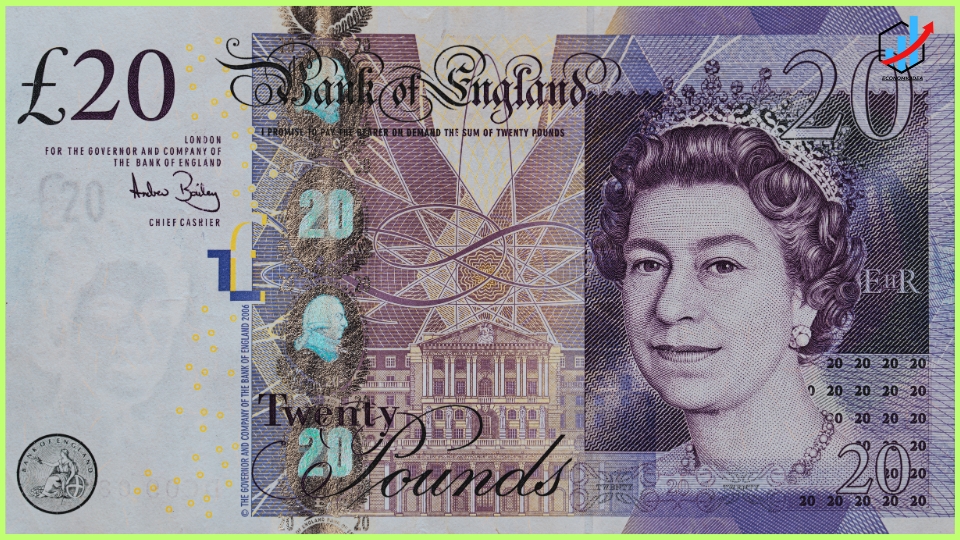
The British Pound Sterling is one of the oldest and most valuable currencies in the world. The UK’s diverse and developed economy, along with its significant global financial influence, keeps the GBP strong. Historical factors and London’s status as a major financial hub contribute to its high valuation.
Cayman Islands Dollar (KYD)
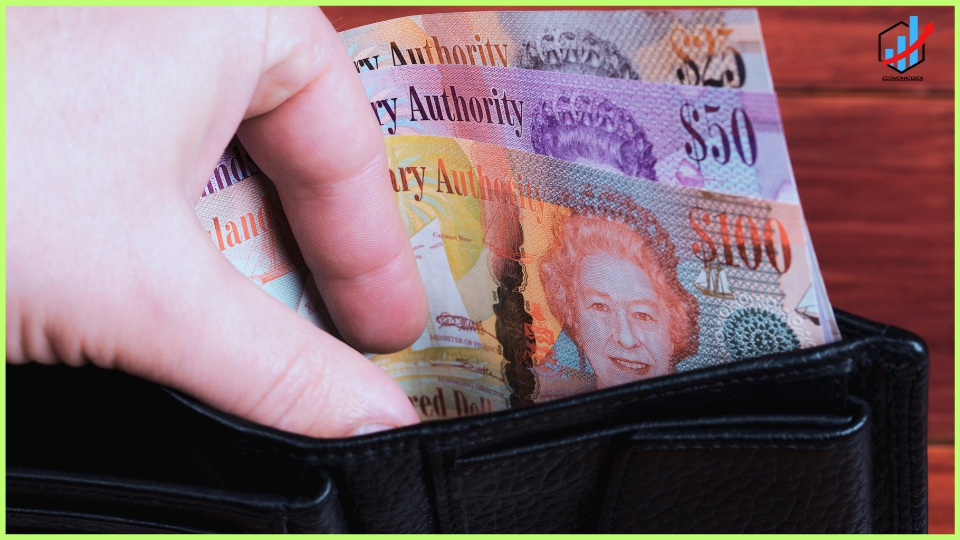
Known for its status as a tax haven, the Cayman Islands’ economy benefits from a thriving financial services sector. The Cayman Islands Dollar’s high value is supported by the country’s stable economic policies and significant revenues from tourism and banking.
Swiss Franc (CHF)
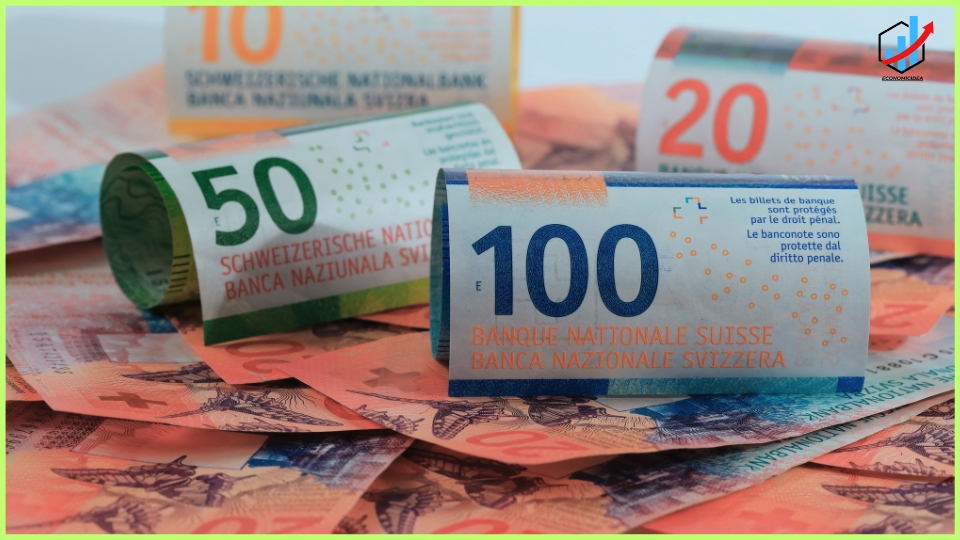
Switzerland’s economy is renowned for its stability, robust banking system, and high-quality goods. The Swiss Franc benefits from the country’s reputation as a haven for investors. Switzerland’s neutral political stance and strong economic policies further strengthen the CHF.
European Euro (EUR)
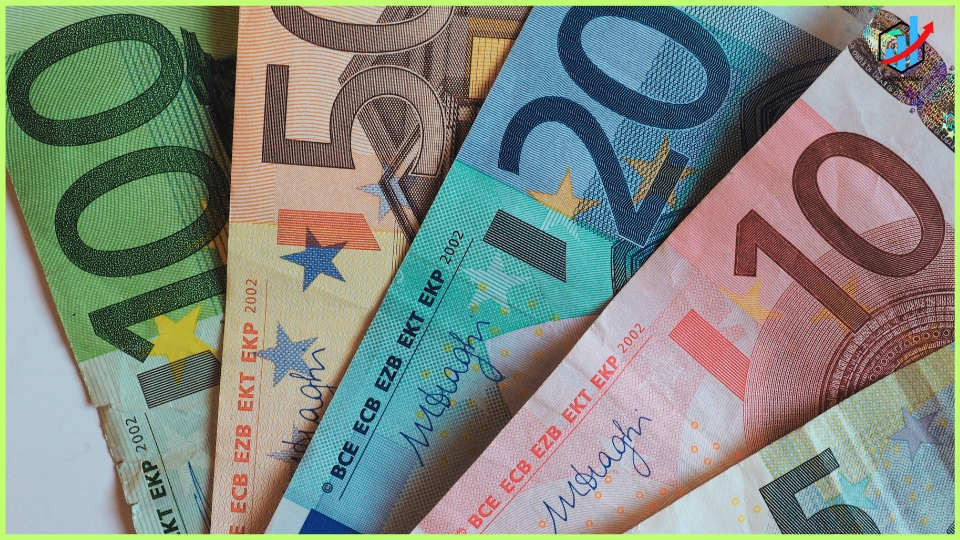
The Euro serves as the official currency for the Eurozone, encompassing 19 out of the 27 European Union member countries. Its high value stems from the collective economic strength of these nations. The Eurozone’s vast and varied economy, supported by robust financial governance, upholds the Euro’s value.
United States Dollar (USD)
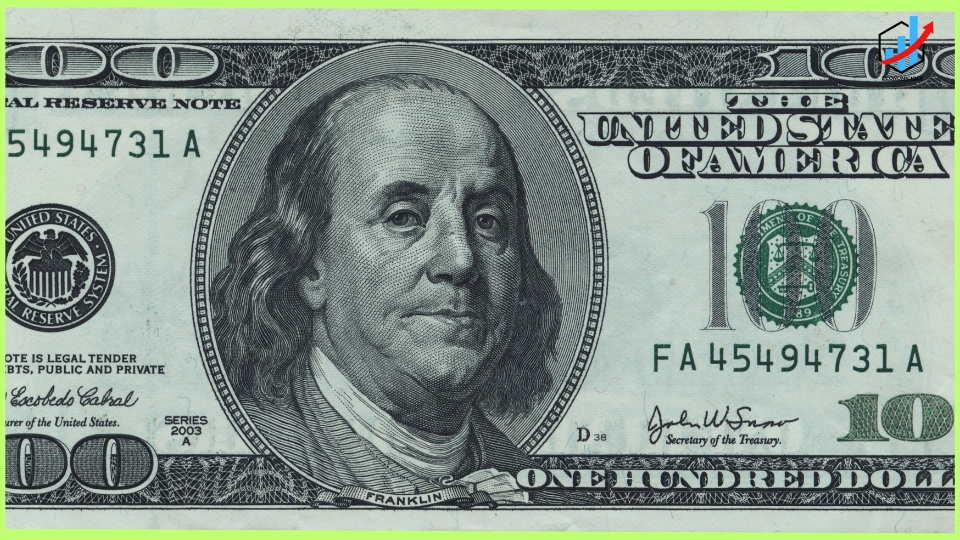
The US Dollar is the world’s leading reserve currency, widely utilized in international trade and finance. Its strength is bolstered by the large and diverse US economy, political stability, and trust in its financial institutions. The extensive use of the dollar in global transactions further solidifies its high value.
Euro vs. US Dollar: A Comparative Analysis
While both the Euro and the US Dollar are powerful currencies, they have different strengths and weaknesses. The Euro benefits from the collective economic power of the Eurozone but faces challenges from political differences among member states. The US Dollar’s strength lies in its global dominance and widespread use, though it can be affected by US domestic policies and economic conditions.
Why Aren’t More Commonly Thought of Currencies Higher?
Currencies like the Japanese Yen or Chinese Yuan, though influential, don’t rank as high in value due to different economic factors. The Yen, for example, is subject to Japan’s economic policies aimed at boosting exports, which keeps its value relatively lower. The Chinese Yuan, while significant, is tightly controlled by the government, affecting its market valuation.
Impact of Expensive Currencies on Global Trade
High-value currencies can significantly impact global trade. Countries with expensive currencies may find their exports less competitive due to higher prices, but they benefit from cheaper imports. For instance, Switzerland’s high-value Franc makes Swiss products more expensive abroad but allows for lower costs of imported goods.
Future of Global Currencies
Predicting future currency valuations involves considering economic trends, geopolitical shifts, and technological advancements. Cryptocurrencies and digital currencies are emerging as potential game-changers in the financial world. The balance of economic power may shift, leading to changes in currency values over time.
Understanding the most expensive currencies in the world provides a glimpse into the economic health and stability of various nations. These currencies, supported by strong economies and prudent financial policies, play a crucial role in global trade and finance. As the global economy evolves, so too will the value and influence of these currencies.
FAQs
What makes a currency valuable?
A currency’s value is influenced by factors such as economic stability, inflation rates, interest rates, and political conditions. Strong economic policies and high demand for the currency also play significant roles.
How does a strong currency affect a country’s economy?
A strong currency can make imports cheaper and help control inflation, but it can also make exports more expensive, potentially reducing a country’s competitiveness in international markets.
Can a currency’s value change drastically overnight?
Yes, a currency’s value can change rapidly due to major economic events, political instability, or significant changes in market sentiment. Central bank interventions can also cause sudden shifts in currency values.
How can individuals invest in foreign currencies?
Individuals can invest in foreign currencies through forex trading, purchasing foreign currency-denominated assets, or using financial instruments like currency ETFs and mutual funds. It’s important to understand the risks and market dynamics before investing.
